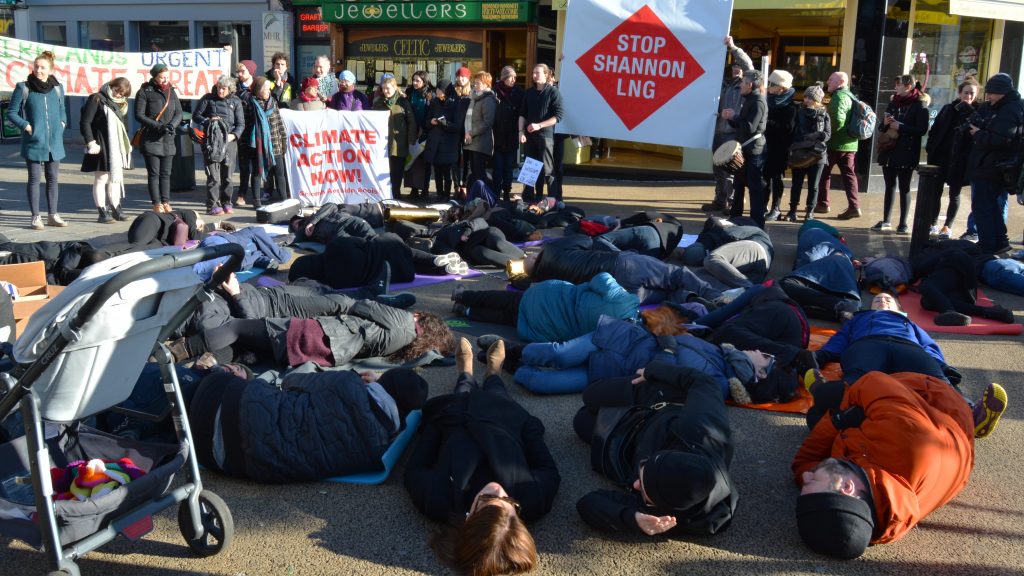Plans to import fracked gas through Port of Cork scrapped

14 January 2021
Plans to import fracked gas through the Port of Cork have been scrapped, the Minister for the Environment, Climate and Communications confirmed today.
In 2017, the Port of Cork and US gas company, NextDecade, signed a memorandum of understanding to import liquified natural gas (LNG) which expired on 31 December 2020.
Minister Eamon Ryan said that the Port had “no intention” to renew the memorandum, therefore abandoning any prospect of LNG imports coming through its docks.
The confirmation came via an answer to a parliamentary question posed by Green Party members of Cork city and county council.
In his reply, Minister Ryan said that “as Ireland moves towards carbon neutrality, it does not make sense to develop LNG terminals that import fracked gas”.
“The Programme for Government is clear that the Government does not support the importation of fracked gas and commits to developing a policy statement to establish that approach,” he added.
Green Party councillor for Cork City North East, Oliver Moran, welcomed the decision and said that the development sends a very clear message, “Cork does not welcome fracked gas”.
“We know we have to make the transition to a low carbon economy but fracking and all of its effects has no place in that. Not here, not anywhere.”
Councillor Moran in his statement recalled a 2019 meeting with members of the Port of Cork and Bekah Hinojosa, a resident of Texas who travelled to Ireland to meet with anti-fracking activists.
“She was able to explain first hand the effect that extracting gas in this way has on the local environment, especially for already marginalised communities,” he recalled, and noted that such effects include groundwater contamination, unsettling the earth, and even affecting birth outcomes.
Growing opposition
Activists have long opposed the construction and use of LNG terminals across the country and recently secured a victory when the High Court quashed planning permission for the Shannon LNG terminal following a twelve-year long battle.

Campaigners dispute the industry and previous government claim that gas is a “bridge fuel” to a low-carbon future and highlight that the practice of fracking itself has been banned in Ireland since 2017.
While it has a lower carbon dioxide output than nother fossil fuels, its production presents significant climate threats.
Methane leaks out throughout the gas supply chain, and it is estimated that its warming effect is 84 to 87 times greater than that of carbon dioxide over a 20 year period.
Its production involves injecting sand, pressurised water and various chemicals into shale rock, which forces gas out of the ground.
Numerous studies have linked the practice to health issues, earth tremours, alongside carbon and previously aforementioned methane emissions.
[x_author title=”About the Author”]







